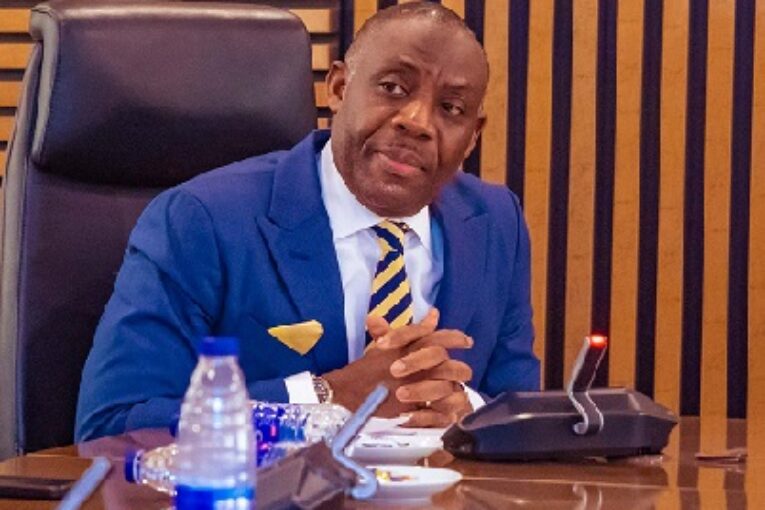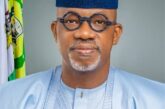
The Minister of Education, Dr. Tunji Alausa, has said the government has upgraded about 38 federal and state technical colleges as part of ongoing reforms to equip youths with internationally competitive skills.
Alausa announced this at this year’s quarterly citizens and stakeholders’ engagement on the Nigeria Education Sector Renewal Initiative (NESRI) yesterday in Abuja.
The engagement focused on outlining strategic priorities, unveiling key initiatives, and addressing lingering challenges, such as the alarming rate of out-of-school children
The minister said the initiative aims to shift Nigeria’s education system towards a skill-based and knowledge-driven economy.
Alausa said the ministry has identified six core priority areas to reduce the number of out-of-school girls, strengthen quality assurance, and expand access through targeted national programmes.
Among these efforts is the NESRI – a comprehensive framework aimed at transitioning Nigeria from a resource-dependent economy to a knowledge-driven one.
The initiative focuses on literacy improvement, data digitisation, and curriculum reform.
The minister also announced that the government had introduced a dual-training model in the technical colleges so that students would now spend 80 per cent of their time in practical training and 20 per cent in the classroom.
Alausa said: “Artisans will be paid to mentor trainees, establishing a new value chain in the education sector.
“Our goal is to train 5 million young Nigerians with globally relevant skills within four years.
“NESRI addresses issues of access, quality, inclusivity, research, and professional development in education.”
The minister said Nigeria currently has 15 million out-of-school children and over 45 million classified as learning poor.
He said adolescent girls, particularly the 6 million aged between 12 and 19 currently out of school, remain a key focus of the reforms.
To address this crisis, Alausa said 25,000 children have been integrated into formal education through NESRI, while 4,000 Tsangaya teachers have been trained to support inclusive education.
According to him, the National Examinations Council (NECO) and the West African Examinations Council (WAEC) will begin to conduct computer-based tests (CBT) from November with full digitisation of all national examinations, including the Joint Admissions and Matriculation Board (JAMB), by 2027.
Alausa said the move aims to tackle examination fraud and enhance integrity.
The Minister of State for Education, Prof. Suwaiba Ahmad, emphasised the importance of TVET in addressing Nigeria’s skills gap and reducing reliance on foreign workers.
“We have seen companies hiring 60 per cent of their workforce from abroad. That must change,” she said.
The permanent secretary of the ministry, Abel Enitan, lauded the dedication of the two ministers and reassured attendees of the government’s unwavering commitment to educational transformation.
The Chairman of the Senate Committee on Tertiary Institutions and TETFund, Muntari Dandutse, pledged legislative support for the reforms, describing education as “the heart of national transformation”.




